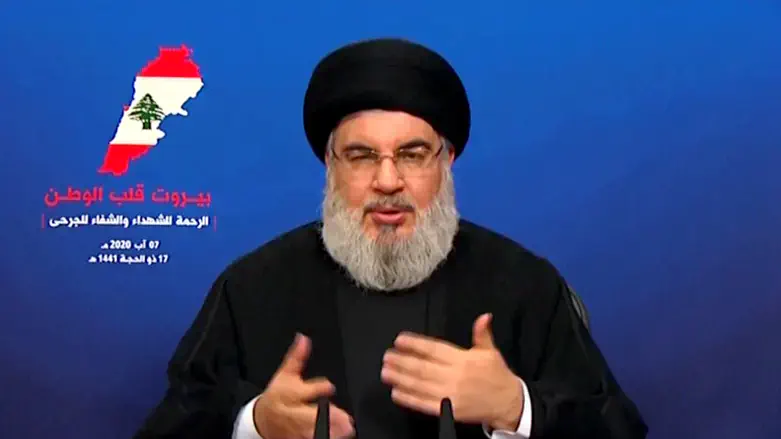
Israel followed the movements of Hezbollah leader Hassan Nasrallah over the course of months, The New York Times reported.
The IDF confirmed the Friday elimination on Saturday morning, and more than three hours later, Hezbollah confirmed Nasrallah's death as well.
According to three senior Israeli defense officials who spoke to The New York Times, Israel decided to strike Nasrallah this week because they believed that he would soon disappear to a new location and the opportunity would be missed.
Two of the officials told the Times that over 80 bombs were used to kill Nasrallah, dropped over the course of several minutes. The officials did not specify the bombs' weight or type.
However, other reports said that the bombs each carried approximately one ton of explosive materials, and that they were delivered using F-15Is.
The officials also confirmed that the strike was planned before Israeli Prime Minister Benjamin Netanyahu left to speak at the United Nations General Assembly.
According to the officials, Nasrallah's cousin, Hashim Safi al-Din, was one of the few Hezbollah leaders not present at the time of the strike, and that he could soon be announced the terror group's new leader.
Safieddine is considered a key political and social figure in Hezbollah's leadership, and has long been seen as a potential successor to Nasrallah.
Quoting a senior Israeli official, the Times also claimed that the strike was carried out in the hopes that it would allow Israel to avoid a ground invasion into Lebanon.
